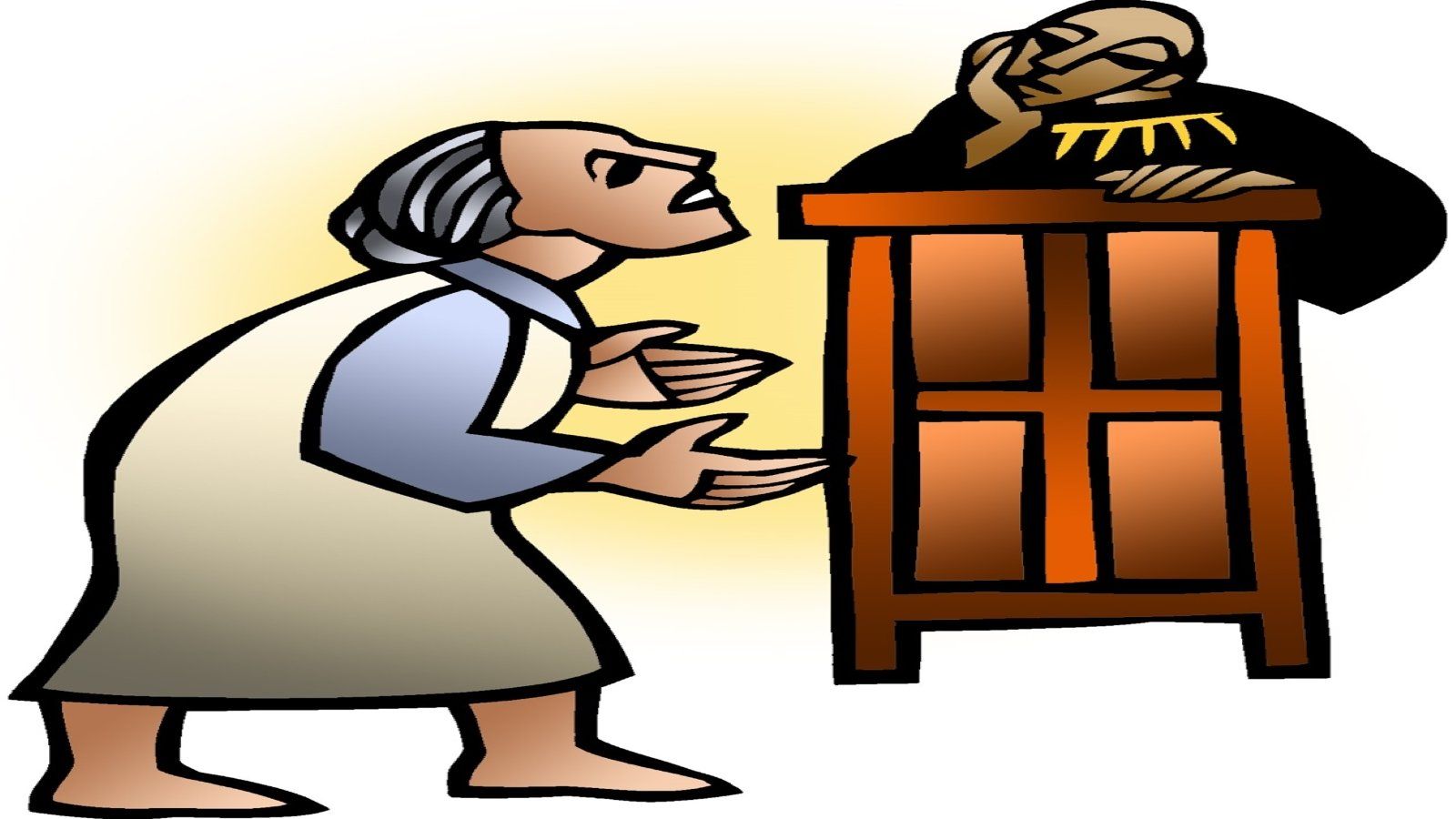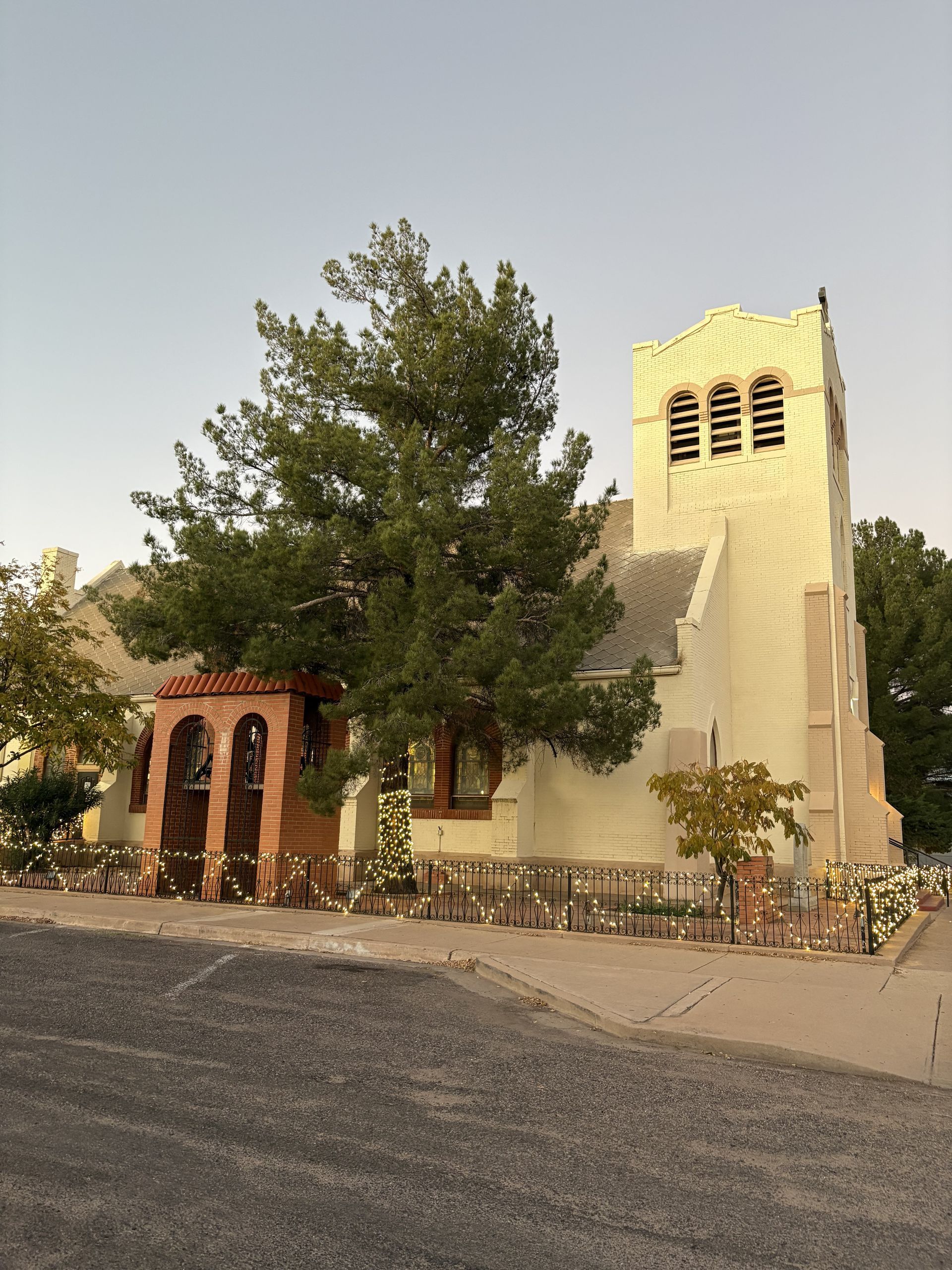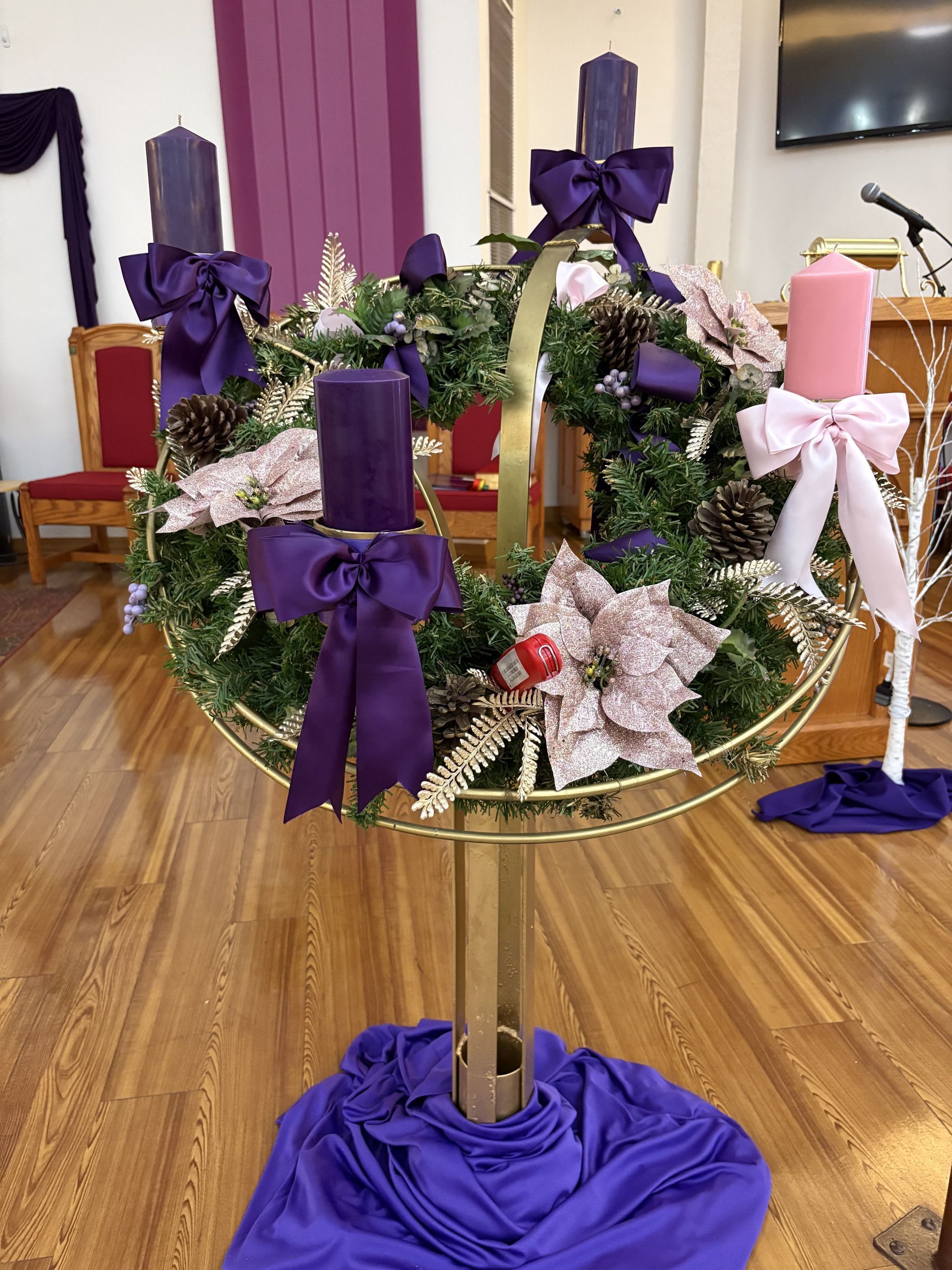"But when the Son of Man comes, will he find faith on earth?" (Luke 18: 8).

Whether we struggle with prayer or not, this Sunday, Jesus instructs us about “the necessity of prayer without becoming weary” through the unlikely parable of the cruel judge and the importunate widow’s cry for justice. Between the powerful figure of the unjust judge and the powerless woman at the bottom of the social scale represented by the widow is a showdown of the existing power structure and a typical reversal of Luke’s gospel. The disparity is obvious. Widows are one of the most vulnerable persons as they are victims of exhortation and oppression. They have no influence at all not that they are weak, but their strength is a threat to society. On another hand, the judge has no fear of God and without conscience. He’s godless and cares nothing about other people’s negative comments and judgments about him and people’s views about him. He has a very bad reputation, repulsive and probably willing to accept bribe. He had no sense of absolute justice which was odd and moral decency. The widow, stuck in a hopeless scenario, happened to be very annoying and relentlessly asked him “to give her a just decision against (male) her adversary”. The fact that this poor widow had the courage to go directly to him (without offering any bribe) and put pressure on his decision in a facility with heightened security speaks volumes about prayer. This widow is quite different from all the rest. The judge probably turned her request down many times, but the helpless widow kept bothering him and begged him for a long time. She was non- stop. Faced with an existential crisis, she had two choices, give up or fight for her life. Either way, her chances were very slim. She picked the latter and went ballistic. Only in persistence does one prevail.
Now comes the monologue of the judge, a crucial part of this brief and short story devoid of details, which demands our close attention. He said, “While it is true that I neither fear God nor respect any human being, because this widow keeps bothering me, I shall deliver a just decision for her lest she finally come and strike me” (Luke 18: 4-5). He began to talk to himself and eventually decided in favor of the unrelenting widow. He's as human as we are after all. He bent. He (partially) changed his mind by giving her a just decision only because of her persistence and not him changing his entire character and behavior. He granted her wish only because he wanted to avoid her out of fear that one day, she would come to strike him in public which would have been rather embarrassing. This is a serious story about the necessity of prayer, but I find the flow humorous. The original hearers would have laughed so hard in the unusual turn of events. It’s ridiculous that a helpless widow changed the terrible judge’s mind and decision. The nagging widow got into the man's nerves because of her constant pressure. I never thought that this judge would budge for whatever reason. For her part, she didn’t stop until she got what she wanted. She kept coming back, gave him so much trouble and finally received justice. He gave way because of her pleading and begging. He had enough. He couldn't take it anymore. He was afraid that the situation and threat could end up in a very ugly scene in public like getting punched in the face.
The Lord said, “Pay attention to what the dishonest judge says. Will not God then secure the rights of his chosen ones who call out to him day and night? Will he be slow to answer them? I tell you, he will see to it that justice is done for them speedily” (Luke 18: 6-8). With all the unexpected twists and turns surrounding the highly entertainment parable, this is a lesson on the necessity of sincere, patient, earnest, and persistent prayer if in case we gave up due to delayed response and long wait in stony silence. If this wicked judge finally rendered her justice only because of her unrelenting pressure, how much more will God do to help us (from the lesser to the greater), his own especially those who have been deprived of rights and distressed if they cry for help? If you want something bad provided it is for the well-being and common good, why not ask, trust, knock, pound the door and hurl your petitions like the widow. God will speedily grant the prayers of the saints. On our part, since we are limited in space and time and prefer as always divine response now, asap, quickly and without delay, things will eventually fall into place. If prayer is the avenue of communication between us and God, then persistence in prayer draws us closer to God. As always, our model of prayer is Jesus’ own example. Lastly, the last verse “But when the Son of Man comes, will he find faith on earth?” (Luke 18: 8), invites us to examine our prayer life if it is active and persistent. Amen.



